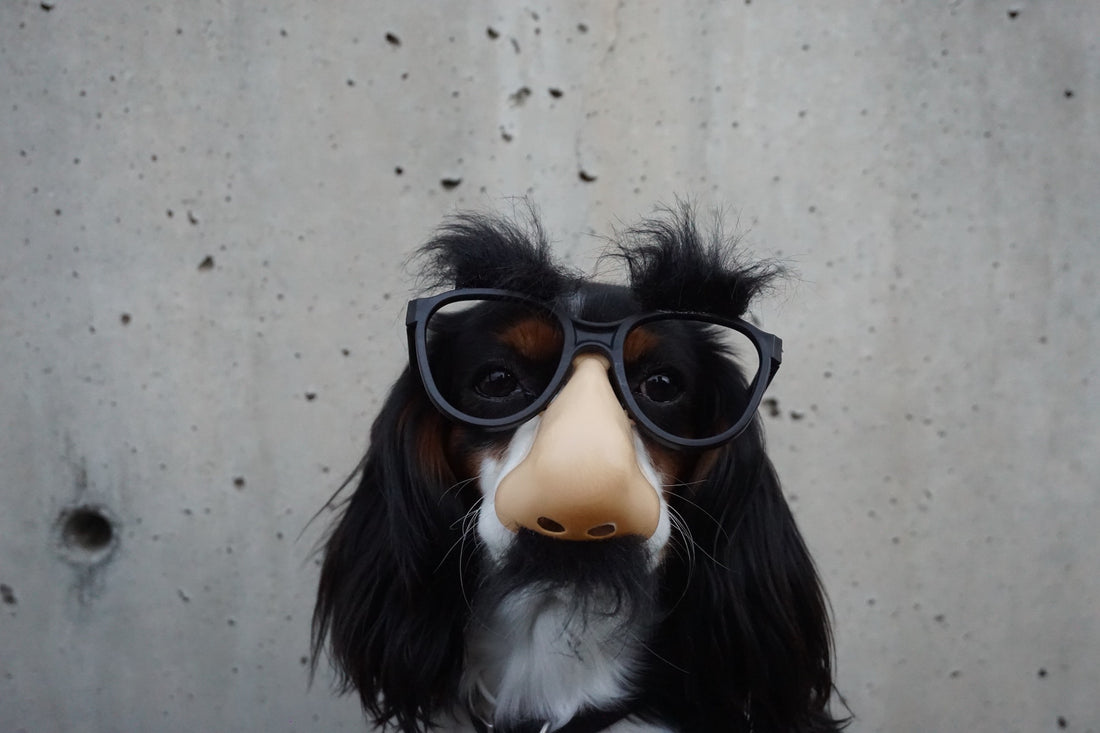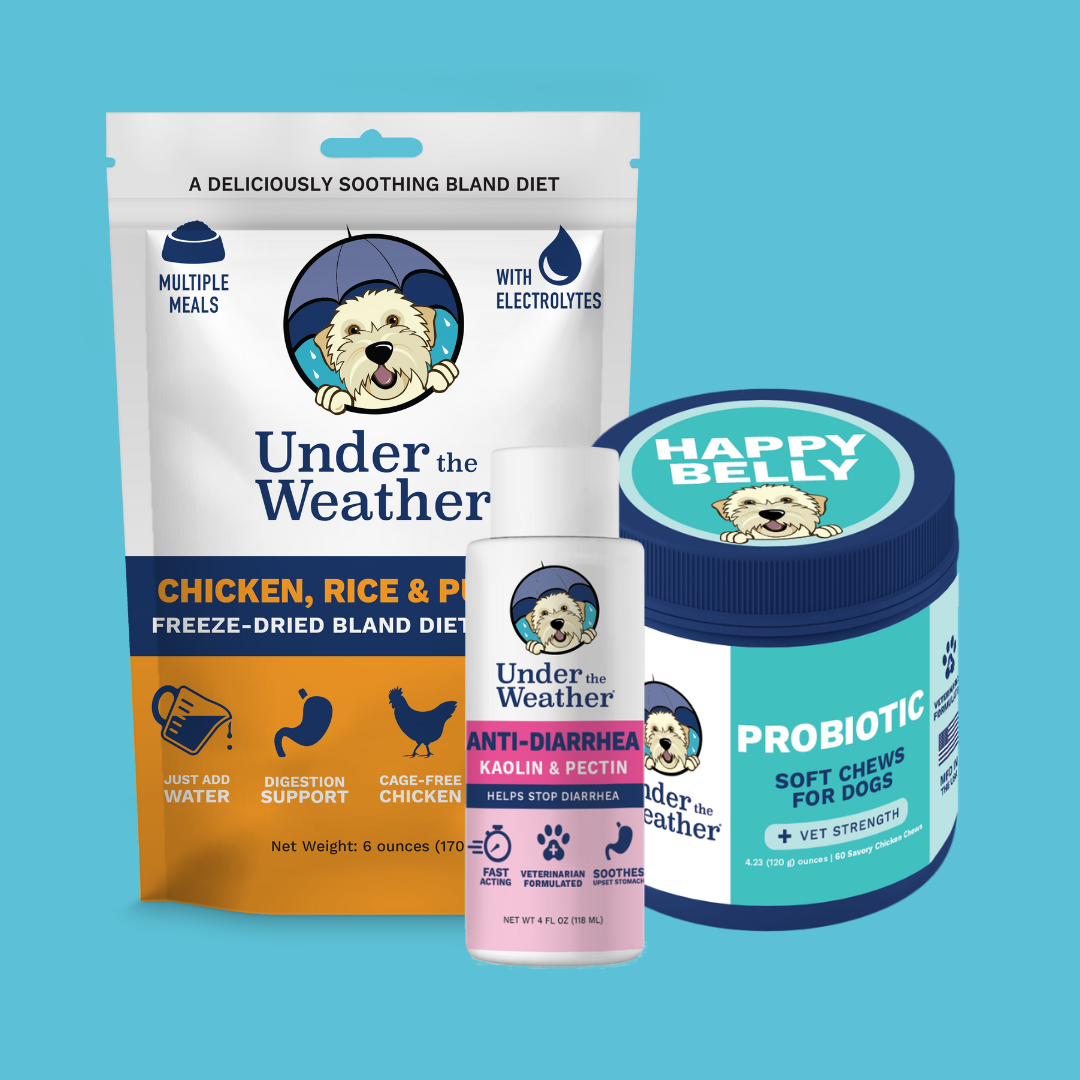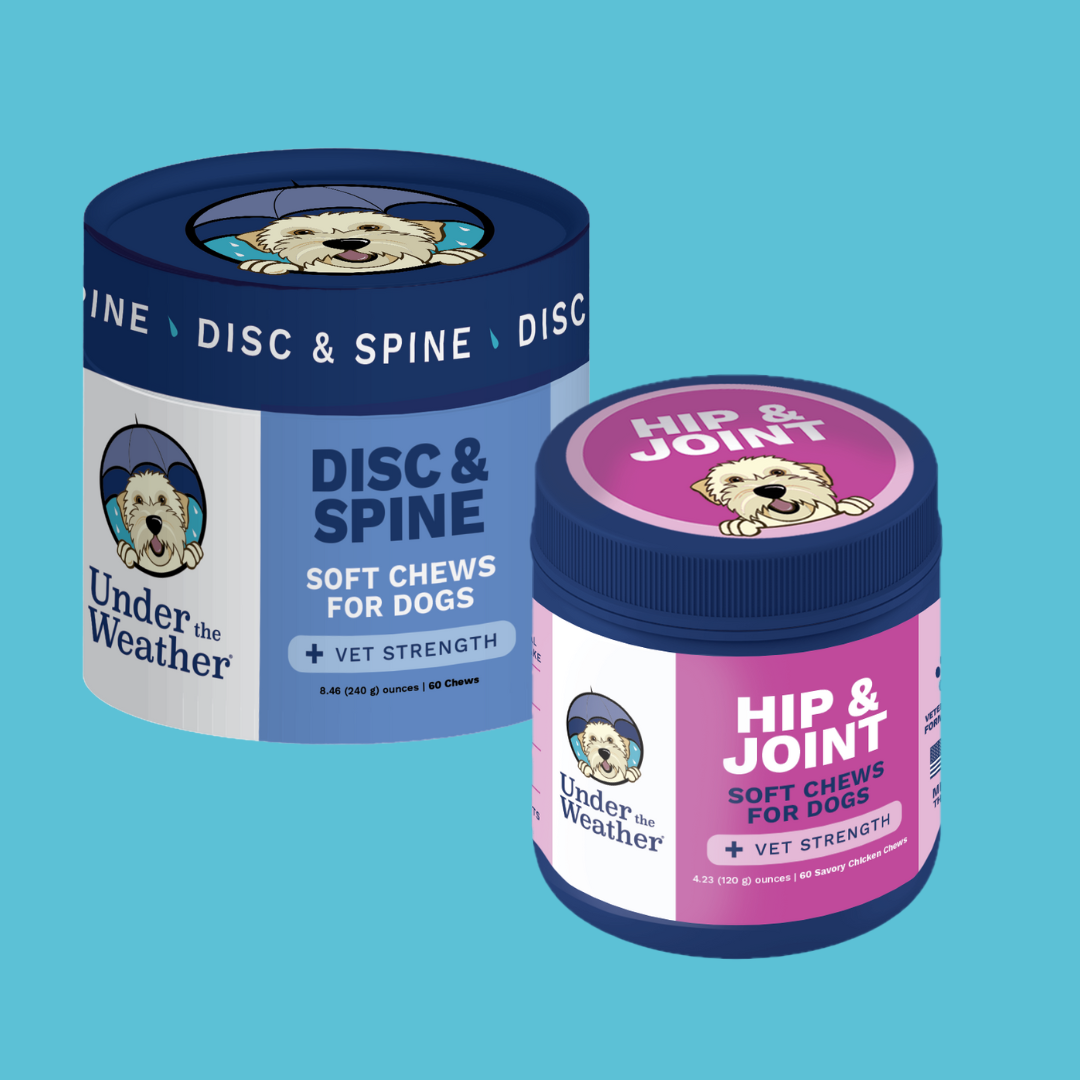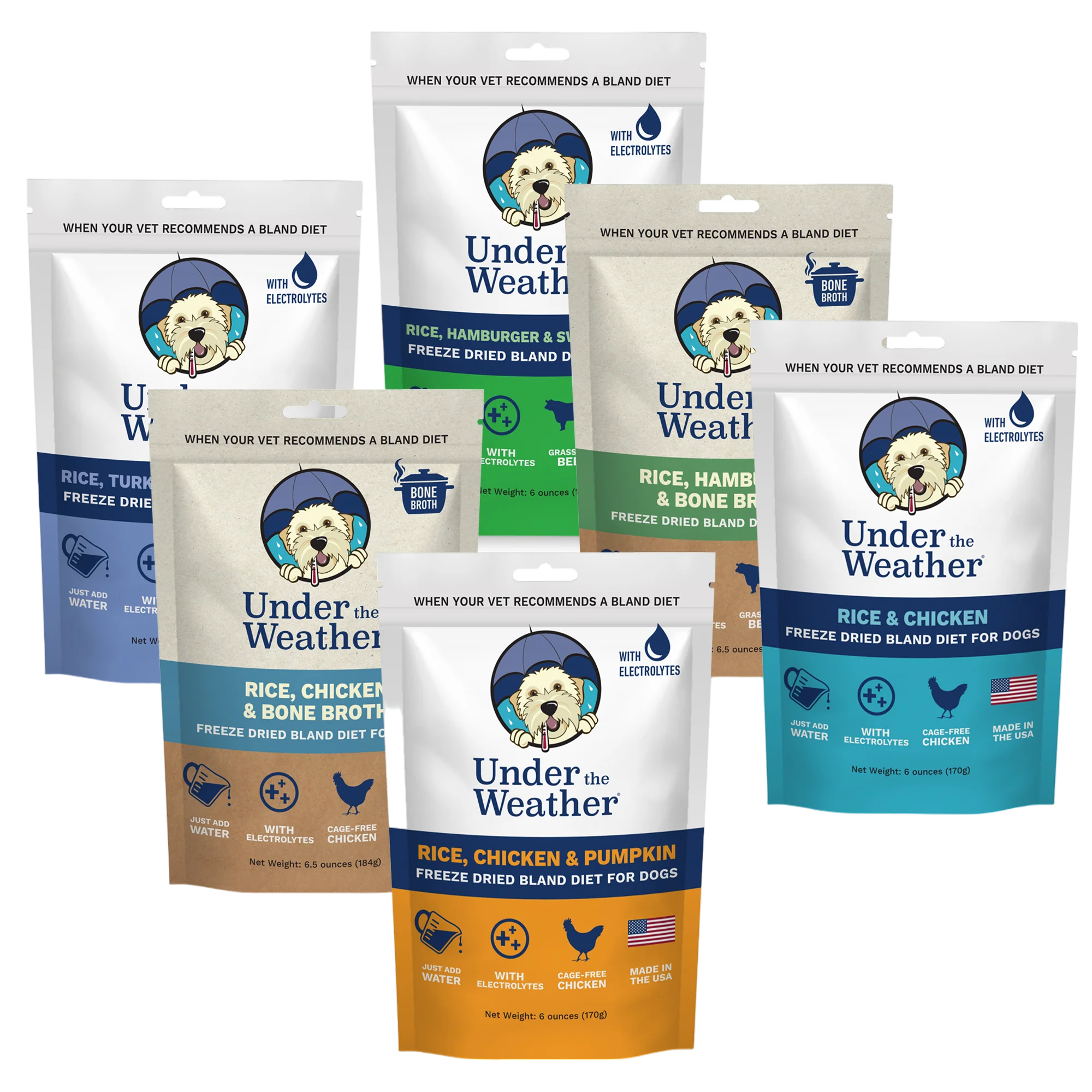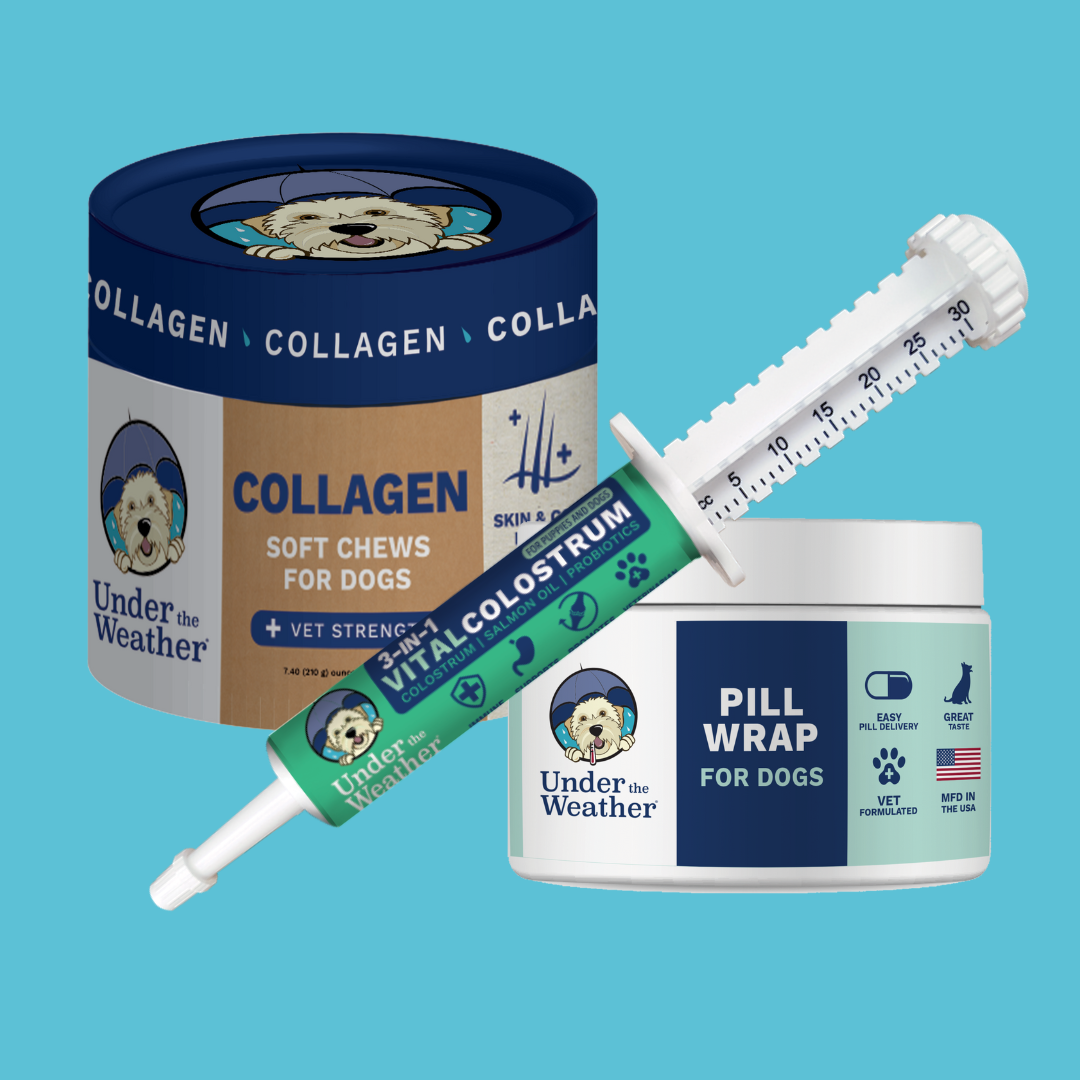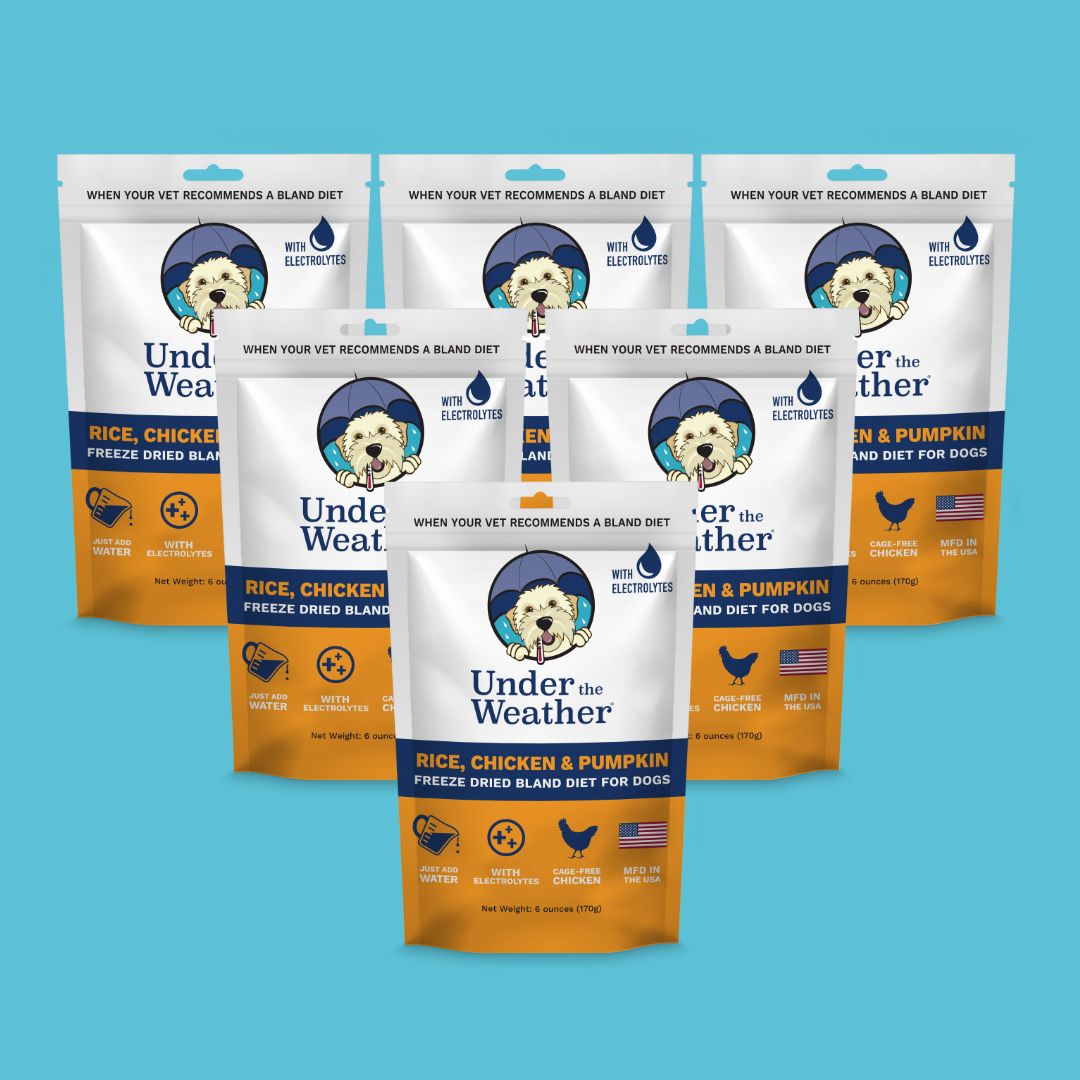It was a quiet Sunday afternoon. I was sitting on my couch reading Dog Fancy Magazine, when my dog decided it was a good time to “scoot” across my brand-new living room rug!
I immediately called the FBI, but they said they had more important issues, so I called all the vets and animal behaviorists I have on speed dial, and when none of them answered, I decided to take matters into my own hands.
I googled, “My dog is scooting! Why does he hate me?”
That lead me down a huge rabbit hole filled with all kinds of quirky dog behaviors, so, I thought I would share some of them!

Why does my dog scoot his butt across the floor?
While it may look really funny and make us laugh, scooting in dogs can be caused by several different factors that typically require a diagnosis from your vet.
Itchiness
This is often the result of allergies.
Anal gland issues
Most dogs express their anal glands naturally, but for no known reason, some need a little extra help. Many people bring their dogs to their vet for this, but if it occurs frequently, you can also learn to do it yourself. Whether you want to or not, is another thing!
Worms and parasites
This problem is very common in young dogs, or dogs that have been feral. Luckily, it’s an easy fix, and is typically resolved quickly with prescription or over the counter de-worming medications.
One thing to note, if you are looking for ways to reduce scooting, be sure to feed a healthy diet with enough fiber. This can both firm up stools, and also reduce the risk of developing allergies.
RELATED: Dog Allergy Symptoms & Treatments
Why does my dog eat poop?
Because it tastes good? Just kidding! 🤢
The condition is called coprophagia, and dogs eat poop for a variety of reasons.
Here’s the good news; If you are providing your dog with a healthy daily diet, you need not worry about your dog eating poop for a lack of nutrition.
That said, you may be dealing with a behavioral problem brought on by stress, anxiety, and even just boredom. Either way, take the time to talk to your vet so you can assess the issues thoroughly, and make a plan to address them.
Why does my dog yawn?
All dogs yawn, because they’re tired, right?
Yes and no. While this is sometimes true, there are other interesting reasons for why your dog may yawn, and why this trait serves an important function.

Submission
A Dog may yawn in the presence of other dogs, especially aggressive dogs. This is because between dogs, yawning is a sign of submission, and a physical cue to the other dog that they have no interest in conflict.
Stress and anxiety
Dogs yawn when they feel stress. If you observe your dog yawning when interacting with other people, especially children, you should take this as an important clue that they are actually feeling uncomfortable. In this case, you should remove your dog from the situation to avoid any unnecessary problems.
Why does my dog eat grass?
Most people tend to believe dogs eat grass in an attempt to induce vomiting when they don’t feel well, and while this is sometimes the case, there are many other reasons your dog may channel their inner cow…

Because it tastes good!
Because it has nutritional benefits, including being high in fiber, something your dog will seek out if their daily food is deficient.
And even because they are simply bored!
To learn more about this topic, check out this blog:
RELATED: Why Do Dogs Eat Grass?
Why does my dog love to chew his boring bone?
It turns out, the act of chewing raises serotonin levels in a dog’s brain!
Serotonin is the “happiness hormone” that makes us feel good.
It’s awesome to know that I can actually promote happiness and elevated mood simply by encouraging my dog to chew!
Why does my dog love when I stare into his eyes?
It’s because he really, REALLY loves me, right?
Yes! Plus, studies have shown that when a dog and their owner hold a long gaze into one another’s eyes, both humans and dogs experience a raise in oxytocin, the “feel-good hormone” associated with love, bonding, and caregiving.
Scientists speculate, this is how humans and wolves formed cooperative relationships. Along with following wolves to prosperous hunting grounds, (something wolves quickly learned led to some awesome “table scraps”), it appears our ancestors also took in and cared for abandoned or injured wolf pups, thus strengthening an interspecies bond that was then passed down through future generations of wolves.

When Quirky Behavior is Unwanted
Unless your dog’s “quirky” behavior is medically related, there is typically nothing to be concerned about.
However, "quirky" or not, sometimes certain behaviors can negatively affect the dynamics within your home, even leading to serious conflict. The good news is, with just some basic skills and understanding, you can address many behavioral issues at home on your own!
The key is positive reinforcement. Yelling, hitting, or punishing your dog in any way, will inevitably backfire and lead to a much larger problem. Dogs are extremely eager to please, and highly influenced by praise, so use this to your advantage! Believe it or not, it's often as easy as ignoring the behavior you dislike, and rewarding the one you want.
Tip: Remember to not inadvertently encourage unwanted behaviors. This can happen if you laugh, smile, or respond positively in any way when your dog is engaging in the behavior.
Of course, some of us may need a little extra help, and consulting with a veterinarian or animal behaviorist for assistance is a great option.
Every Sale Supports a Shelter Pet. Learn More.
Created in Vermont. Learn More.
If you suspect your pet is sick, call your vet immediately. For health-related questions, always consult your veterinarian, as they have examined your pet, know the pet's health history, and can make the best recommendations for your pet.

